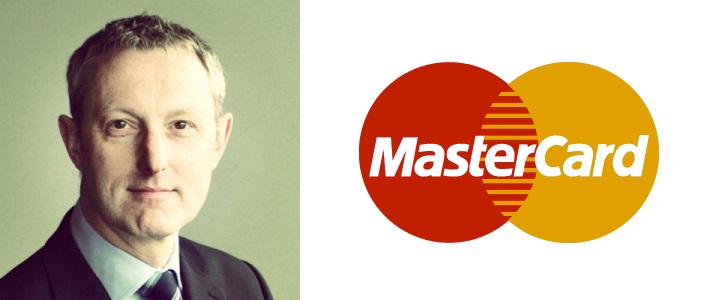Visa has a dedicated team in London looking at specific use cases involving blockchain technology but argues that bitcoin won't reach mainstream acceptance "unless there is trust in the system," according to Jonathan Vaux, executive director of innovation partnerships at Visa Europe.
Speaking to the International Business Times at MoneyConf in Belfast, Vaux shared his firm's blockchain strategy, and said that his company was "certainly looking at applications involving blockchain."
"What can you do with this? We know there's a peer-to-peer transaction network happening but we don't see it scaling unless there is trust in the system," Vaux said.
He continued:
"Certainly we are looking at it in a lab environment and as quick way of routing it's exciting. We have a team in London looking at specific use cases."

While Visa has followed the lead of the likes of Nasdaq, Overstock, IBM, Samsung, UBS, Barclays, Banco Santander and Intel, MasterCard said it "[is] not currently working actively on any bitcoin-related solutions," but has been "[watching] the cryptocurrency market closely," according to Andrew Buckley, head of products for MasterCard Europe.
Buckley said:
"We find them interesting from a technology perspective, but currently don't see them as a viable solution for mainstream commerce."
Furthermore, Buckley said that his firm's current priority was to bring more people into the digital fold. "Our focus is on these hundreds of millions of people with a bit of plastic in their wallets," he said, adding:
"How do we get them into this new digital world? Once we have sorted that out, and the two billion people that haven't got a card, then we may start worrying about other things."

On the other hand, Neal Sample, president of Enterprise Growth at American Express, argues that buyer protection is what keeps big payments firms relevant.
"If you go in and pay for something with your Amex card and it is promised that it will be shipped to you, but they never ship it to you, Amex will stand in for the customer and negotiate on their behalf," Sample said.
"On the other hand, if you transfer somebody some bitcoins on a ledger – gone, end of story. These are not reversible transactions. So you have to have a very high level of trust that merchant will fulfill on their promise."
"You definitely don't have to worry about trust in payments, the payments transaction happens, right, but there's a commerce cycle that's much, much bigger than payments," Sample said.
He concluded:
"It introduces a new series of problems if you can't revoke the payment. Payment is not the end of the cycle – it's not even the beginning of the cycle – it's just one stage in the middle."

